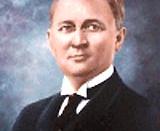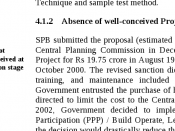Introduction
'Auditor independence is one of the most important issues in accounting practices today. Independence increases the effectiveness of audit by providing assurance that the auditor will plan and execute the audit objectively.' (Myring and Rloom, 2003, p31). The role of the auditor is to confirm the reliability of the statements produced by managers, and go behind the data to find out the evidences. So, the independence of the auditor is critical to the value of auditing. But, since the accountancy practices do exist in a real commercial world, the auditor would be influenced by a wide range of threats.
According to Glynn, Perrin and Murphy (1998), there are four main threats to the auditor's independence, namely, fee income, personal relationship, financial involvement, conflicting interests. The purpose of this essay is briefly to identify John and Michael's point of view on these threats and illustrate their impact on auditor's independence.
The fee income
The first threat is called 'fee income' .This is the most common threat to auditor. It could conclude into two parts: 'audit fees' and 'fees for other work'.
In the first place, 'audit fees' (Glynn, Perrin and Murphy, 1998, p122), is paid by the company for carrying out the audit practice. In theory, the main shareholders should decide the amount of the audit fee as well as the auditors but actually it usually hand over the power to the directors. Thus, the influences from directors of the company become a great threat to the auditor. In audit, the manager's role is just like an examinee, if he has too much influence on the examiner, the result will obviously not reliable. So, keep the auditor's independence far away from the director's influences is a key issue to get a reliable audit result.
Except audit fees, the other...


